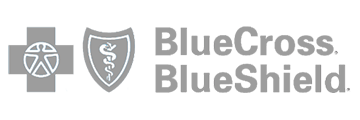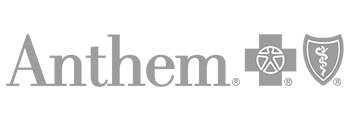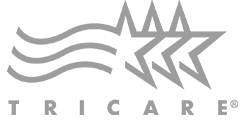Mental Health
In-patient treatment in a facility like Southeast Addiction Center provides a safe harbor for those experiencing mental crises like bipolar disorder, addiction, anxiety, trauma, and other non-acute issues. In a controlled, stable environment with trained, certified, and above all, caring staff, patients are given a safe and secure environment to learn about, grow and heal from whatever psychological or psychiatric issues ail them.

Our Services
Mental Health Treatment

In-patient mental health treatment provides an ideal mechanism for treating substance abuse disorders. At Southeast Addiction Center, we treat both alcohol and narcotic abuse. We believe that it is important to offer a break from environments and habits that have sustained and enabled long-term substance abuse, which is why in-patient treatment can be such a powerful tool for anyone who suffers from an abuse disorder. Detoxing and managing the deleterious symptoms of physical withdrawal can be a nightmare. But our facilities are prepared to offer our patients the safest possible space for this trying period. Beyond the trying detox period, in-patient treatment at a facility like Southeast Addiction Center offers a low-stress respite from patterns, people, and strains that can lead to poor coping mechanisms like substance abuse disorders.
With In-house counseling, patients are given a vehicle to better understand themselves and their individual conditions. Our therapists, psychologists, and other psychiatric staff are trained and eager to facilitate growth and positive change in all of our patients. Counseling can be a slow and non-linear process, and our mental health treatment staff understands that modifying maladaptive behaviors and self-destructive coping mechanisms that have been forged over a lifetime is no simple thing for any patient.
In-patient mental health treatment allows us to foster a stable and safe space for anyone desirous of real, sincere change. By holistically treating the behaviors, attitudes, and impulses that foster addiction our staff gives each of our patients the opportunity to live the life that they deserve. Poor mental health can disguise the world around us, making it seem forever and unassailably dark, forbidding, and fixed in immiserating cycles of pain and static woe. This need not be so and with treatment at In-patient facilities like Southeast addiction center, we give all of our patients a path to make their tomorrow better than their today.
We are Here for You.
If you or a loved one is seeking support to improve mental health and break free from the challenges it brings, our mental health treatment program can provide the necessary assistance to enhance your overall well-being.
Attempting to cope with mental health issues alone or abruptly without professional guidance may result in severe symptoms and potential risks if not handled properly. At Southeast Addiction Center, our rehabilitation and treatment programs are designed to address both the physical and psychological aspects of mental health struggles.
Our compassionate team is here to listen and guide you towards the most suitable course of action to initiate your journey of recovery. Your path to healing and a better quality of life begins here.
Get the help you need now
We are Here for you.
If you or a loved one need help, we are available to guide you through every step of your recovery. Call us today and speak with a recovery counselor to get started.








